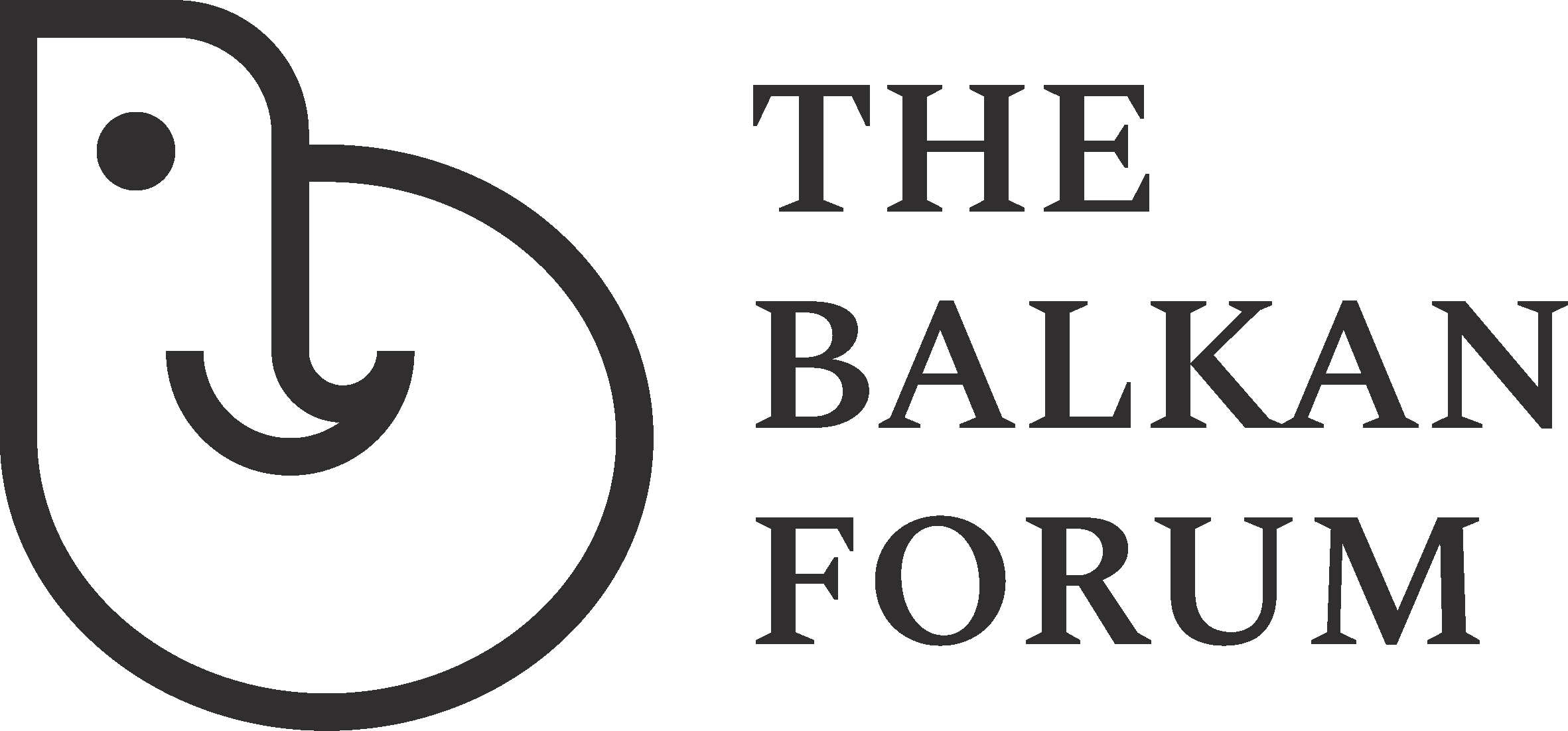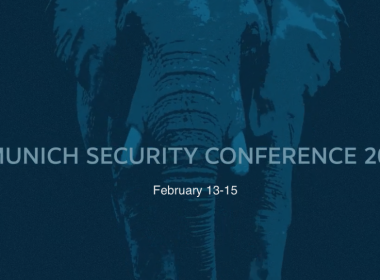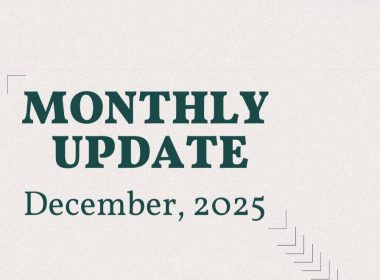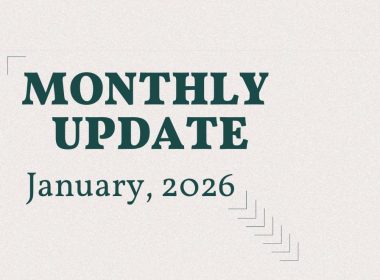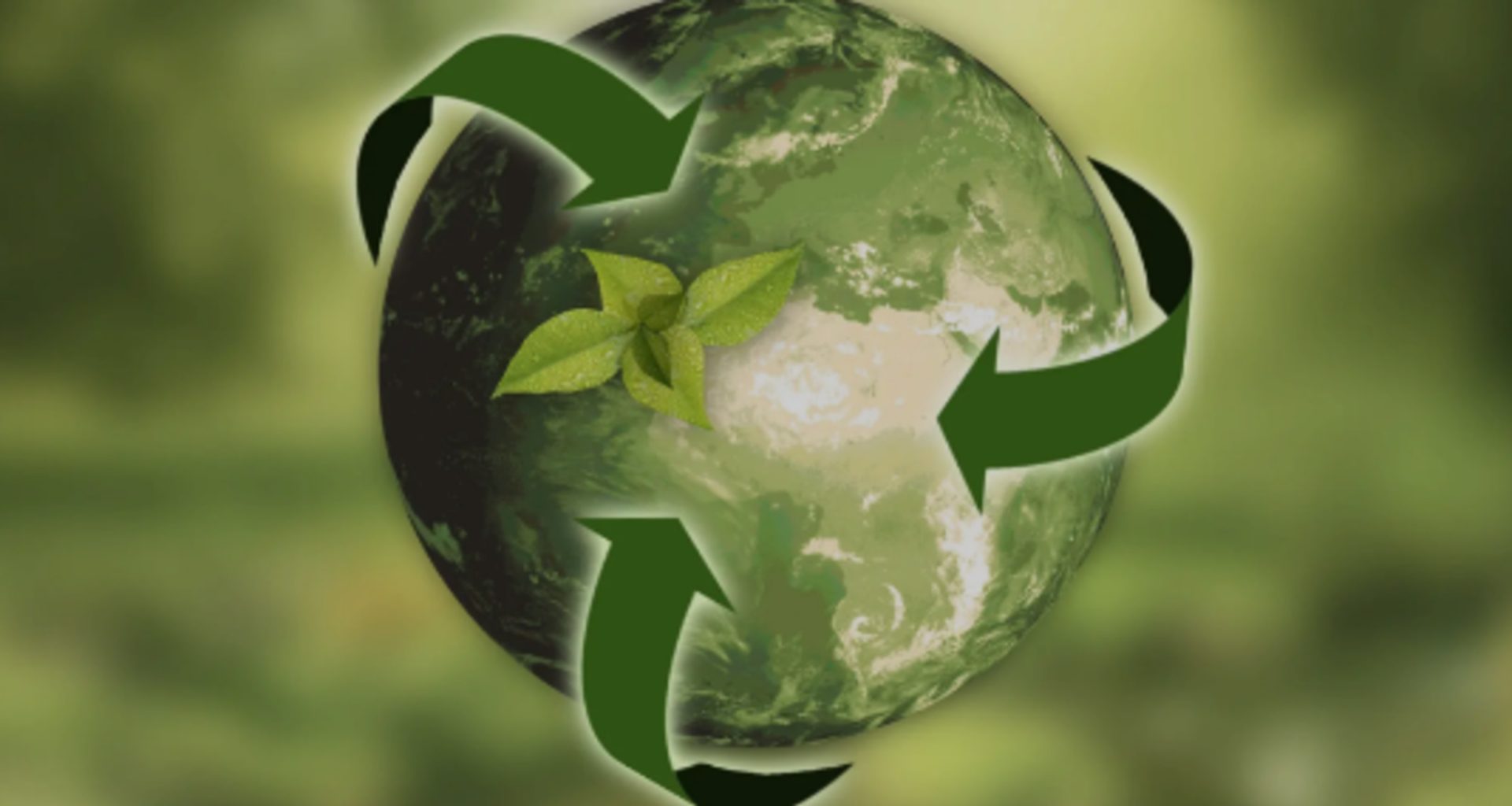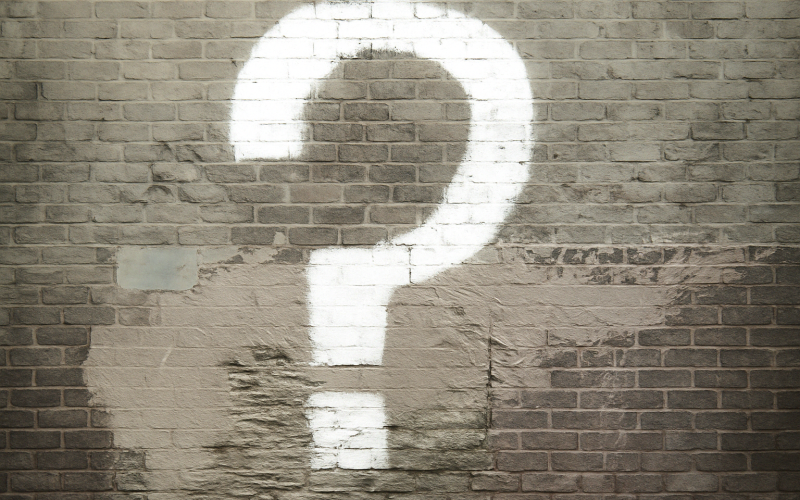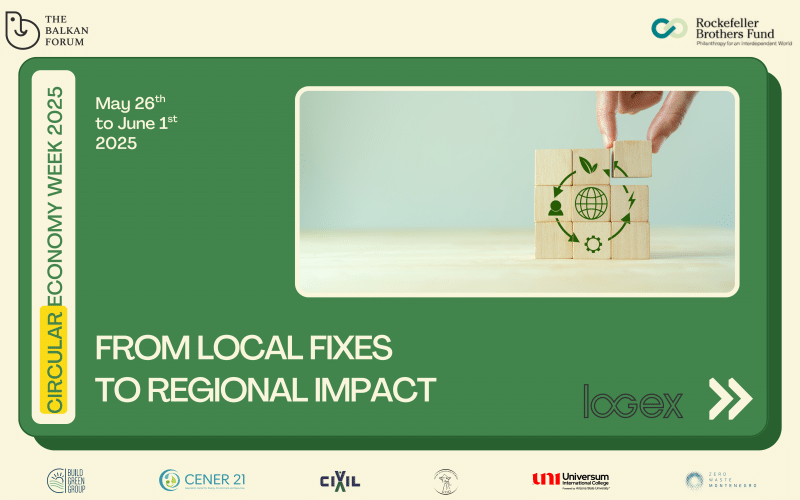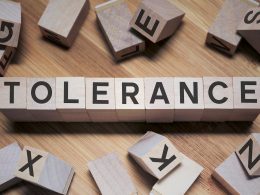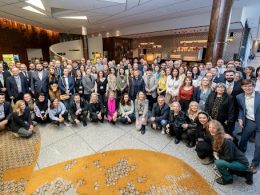While the world marks April 22nd as Earth Day — when people offer songs, plants, campaigns, posts, and sunset photos with captions like “let’s protect nature” — in Montenegro, there are plans to offer the planet a chimney. And not just any chimney. One that never rests, that constantly devours, digests, and spews — an incinerator chimney. One that silently and forcibly feeds the atmosphere toxins, the soil with dioxins, the water with PFAS, and our food with death.
While Europe — the very same Europe whose door Montenegro is knocking on — is closing its doors to this outdated technology and turning to true sustainability, we — eager and impatient to “fit in” — are stepping through the wrong doors. Doors that are hard to come back from. Montenegro has started serious considerations for building a waste incinerator. A feasibility study is underway for its construction at the Livade landfill in Podgorica, while local governments are beginning to show interest as if we’re talking about playgrounds and not a plant that permanently alters the health of the environment. But what awaits us if we go down that road?
Truth from Europe: Invisible Poisons, Visible Consequences
We’re not talking about potential scenarios anymore, we’re speaking about a reality already burning before our eyes. The recent biomonitoring report “The True Toxic Toll” by the ToxicoWatch Foundation and Zero Waste Europe reveals alarming contamination near waste incinerators in Paris, Zubieta, and Harlingen. In Zubieta, dioxin levels in eggs are ten times above legal limits, marking the highest in Europe in 13 years. In the Netherlands, PFAS, or “forever chemicals,” are present at concentrations 138 times above legal limits, even in a place without chemical factories. Heavy metals — lead, mercury, arsenic — spare no one. They’ve been found in moss, soil, and water near schools, homes, and parks. In Paris, even children aren’t spared, as schoolyards and parks, spaces meant for learning and play, are now tainted with dioxins.
Why talk about this on Earth Day?
Because the planet is not just mountains, rivers, and clouds we post to Instagram. The planet is also the egg a child eats from their grandma’s yard. The tap water that pregnant women drink. The moss growing in front of a school. And the smoke no one sees, but everyone breathes in. These studies are proof that incinerators are not the solution. They are the final stop, a destination we reach when we’ve exhausted all other options. And Montenegro still has options. It just needs to recognize them.
Such “solutions” will lock Montenegro into debt, both from construction loans and the constant feeding of waste, as incinerators can’t run empty. And when we don’t have enough of our own waste? We’ll import it. And make money off poison and public health traded for quick fixes.In the Draft State Waste Management Plan, Montenegro is not only planning one incinerator — but multiple municipalities are now expressing interest as well. In doing so, we distance ourselves from everything Europe today represents and strives toward: Circular waste management, Recycling, Repair and reuse, and Waste prevention.
There is no justification for choosing a path that others are already abandoning. There is not a single category in which incinerators outperform systems that are sustainable, healthy, and economical. Not one.
The Earth Is Not Ours – We’ve Only Borrowed It
Though it may sound like a cliché, it’s true.
On this Earth Day, let us ask ourselves a simple but fundamental question: In what condition do we want to leave this planet to those who come after us — our children, grandchildren, and their children?
Will we leave them fertile land or toxic moss? A deep breath of clean air, or a view of a freshness long gone? Will their eggs be nourishment or a source of illness? Will water mean life — or silent death?
They won’t be able to say they didn’t know. The data speaks for all of us whose voices haven’t been loud enough. In studies. In eggs. In soil. In the air.
So the only question that remains is: will we choose to stay silent today and forever regret it, or will we speak today so we don’t have to regret tomorrow?

Dragana Vujisić
Project Manager at Zero Waste Montenegro, environmental enthusiast and activist
The views and opinions expressed in the blogs published under the Towards 2030 initiative are solely those of the author(s) and do not necessarily reflect the views of The Balkan Forum.
